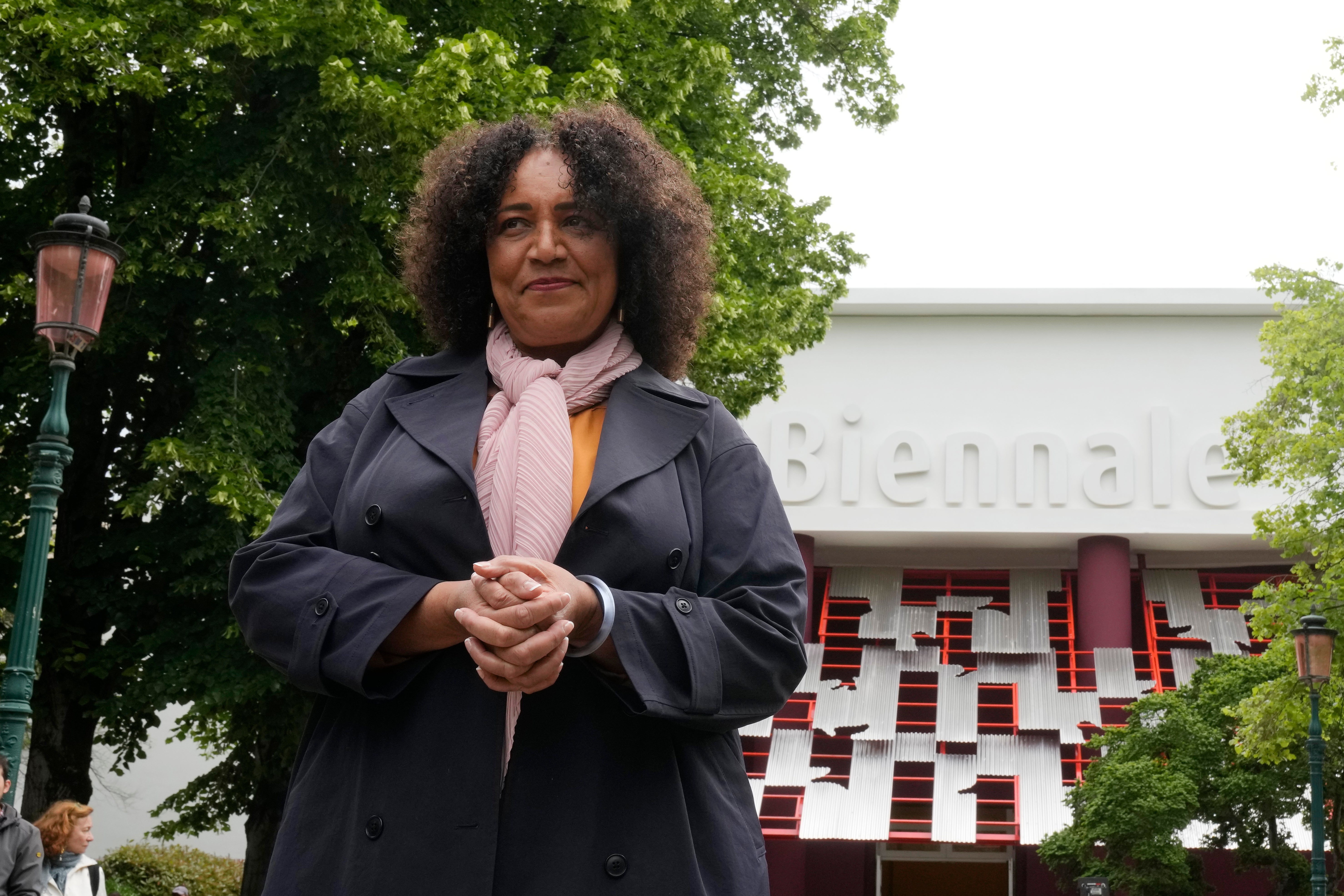Curator of Africa-themed Venice Biennale denounces Italy's denial of visas to 3 Ghanaians
The curator of this year’s Venice Biennale on architecture has denounced Italy’s denial of visas to three Ghanaian men who worked with her on the main exhibition giving voice to Africans and the African diaspora

The curator of this year’s Venice Architecture Biennale on Thursday denounced Italy’s denial of visas to three Ghanaian men who worked with her on the main exhibition giving voice to Africans and the African diaspora.
Lesley Lokko, a Scottish-Ghanaian who is the first African to curate the architectural Biennale, told a press conference that the Italian embassy in Ghana cited “reasonable doubts" about the applicants’ intentions to leave Italy when the visa expires.
However, she said, the embassy gave no explanation for its decision.
“For almost the first time in my life, words fail me,’’ she said.
The Biennale, which opens on Saturday, features a preponderance of participants from Africa or the African diaspora under the title “The Laboratory of the Future,” exploring the themes of decolonization and decarbonization.
Lokko said it was not the first time she had been confronted with refused entry by Western countries.
“It has happened to my family. It has happened to my friends. It has happened to collaborators. I think everyone in the global south understands this story only too well,’’ she said.
While the refusal was grabbing headlines, she added, “This is not a new story. It’s an old and familiar tale."
She read from a press statement from the embassy in Ghana stating that it was “at the forefront of policies to promote African cultural heritage, both tangible and intangible.”
She responded: “This is not the forefront of policy. This is its ugly rear.”
Bookmark popover
Removed from bookmarks